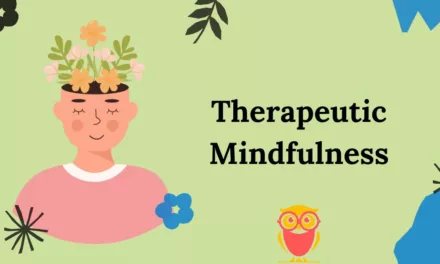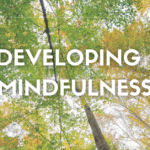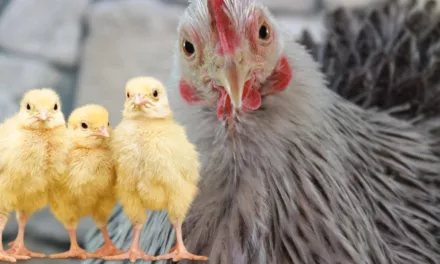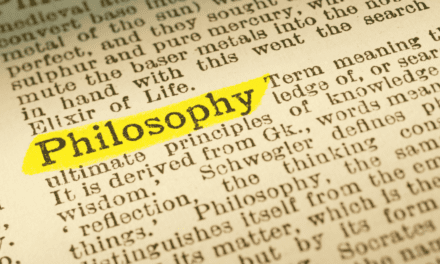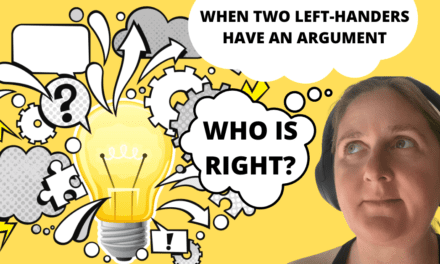
Essay – Artificial Intelligence and the Content Creator
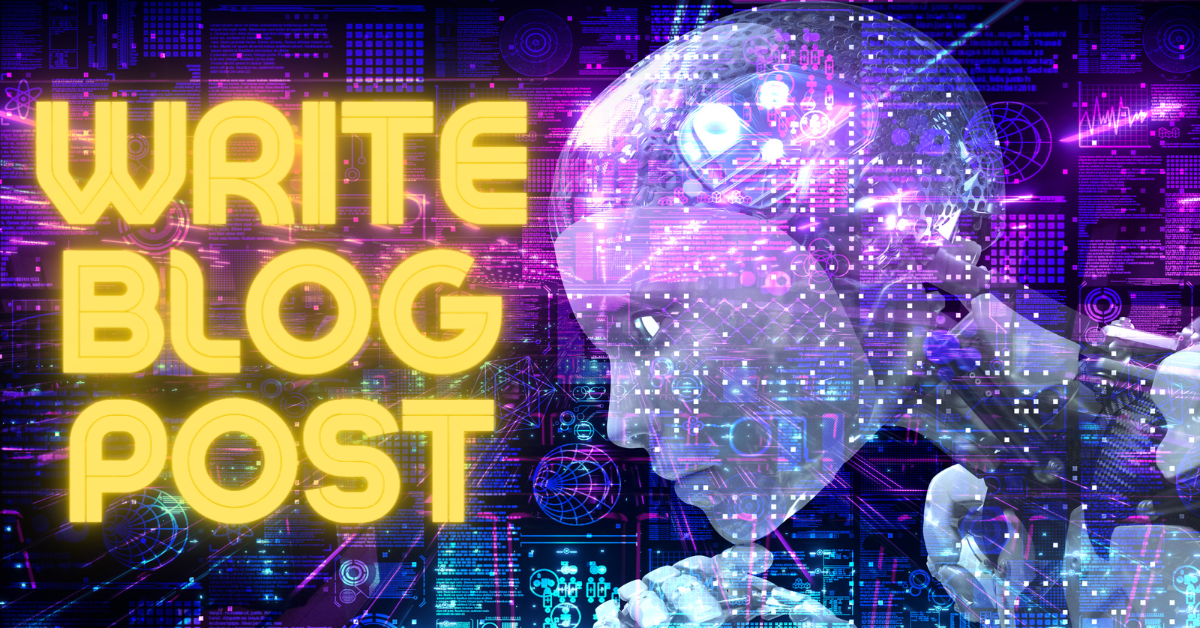
Artificial Intelligence (AI) in recent years has had a significant impact on content creation and on those who create content. It has enabled creators to personalize, optimize, and automate content creation and production across a diverse array of formats. As a result, its use (especially with the likes of ChatGPT) is expected to gain significantly more traction in the years to come.
Even with all the positive gains provided by AI systems, there are some drawbacks and ethics issues to consider as well, including those around a lack of originality, bias, transparency, and the misuse of the technology by some ‘bad actors.’
Let’s talk first about personalization. Algorithms for AI systems commonly analyze user data and behaviour in order to provide personalized content. For example, YouTube’s system uses AI algorithms to analyze user watch time and behaviour in order to recommend videos they are likely to enjoy and watch. Amazon is another great example of the use of an AI system to personalize a browsing session based on purchase history and product searches. Personalization can enhance our experiences online by showing us what is likely to be more relevant and engaging to us.
Optimization is another way that AI tools can help content creators. By identifying keywords and phrases that are used most often by users while searching. A content creator can then use this information to optimize their content for search engines and improve their visibility. This process is called search engine optimization or (SEO). Google is the largest search engine in the world, and it uses AI algorithms to populate search results and provide relevant sponsored and ad posts to each user on its platform.
A boon for content creators, has been the ability to automate some pieces of the production of content. AI systems can now generate blog and news articles, create product descriptions, and even create mock-ups of products based on a template such as t-shirt designs. This can increase the efficiency and productivity of content production and content producers, allowing creators to produce more in a smaller amount of time, or to re-focus attention on other aspects of their design process. There are some concerns as well, around how much AI generated content is of a lower quality, and that it could displace jobs for content creators.
One of the potential drawbacks of AI generated content creation is the originality of its work. AI can generate quickly and efficiently, but it may lack the unique creativity of a human creator because there is only so much data an AI has to draw from. Over time, this could lead to a significant decrease in the quality of content that is posted.
Another drawback of these systems is the potential for them to further entrench bias in our systems, especially if the data it is drawing from is already biased. AI is currently not in a position to detect its own bias language, so it heavily relies on unbiased data. Unfortunately, much of the data we have includes unconscious bias and also systemic bias so it’s important to always read a work of AI text before posting it.
There are also a couple of ethical consideration when talking about AI generated content. The first of these is the issue of transparency and authenticity. People may feel lied to if an AI is used to generate content believed to be created by a human. It is important for a content creator to be transparent when an AI has been used to create any content.
The second ethical issue is the notion of those with bad intent using AI for nefarious purposes. This includes things like the creation of mis, dis, and mal-information by an AI. Spreading fake news and attempting to manipulate public opinion. The creation of deepfakes falls into this category. A deepfake is an AI generated video of a known figure. This figure could be made to speak messages that completely don’t align with their values or person. I’ve included a couple of examples of deepfakes in the resources below this essay. Indeed, the power of AI to create and distribute information at speed and scale is one that can be and has been manipulated. It’s an ongoing issue, and particularly an issue during elections.
A further note on the power of AI, a study by Shintaro Okazake and Hongzin Zhao explored how AI has the potential to create persuasive messages in advertising. This study found that AI-generated messages can have more effect than human generated messages. At least, in some circumstances. From the perspective of the advertiser, this is great! But from the perspective of the consumer, it may erode trust in the brand. It also noted there were some ethical considerations to be made when using AI in this manner.
Even though there are some drawbacks to the technology, one thing is clear. AI has had a significant impact on the content creation industry and as the industry grows this impact will only get larger. Content creators must discover and navigate the ethics and risks posed when using AI generated content while also enhancing the experience of the user and improving the efficiency of the content creator as well.
In conclusion, artificial intelligence has had a large impact on content creation recently. It has enabled creators to personalize and optimize content, automate some aspects of content production, and create diverse formats of content as well. However, there are potential challenges with using AI generated content and certain ethical consideration that must be taken into account when using this type of content. Despite that, however, AI remains an invaluable tool and aide to content creators and it is expected to grow significantly in the coming years as the technology continues to grow and advance. Content creators must be able to balance all of these considerations in order to continue to provide a high-quality, authentic, and transparent content to their audiences.
Examples of Deepfakes
References
- Al-Samarraie, H., & Mohamad, M. S. (2020). Artificial intelligence and content creation: A systematic review. International Journal of Emerging Technologies in Learning, 15(5), 40-55. doi: 10.3991/ijet.v15i05.11808
- Jha, R., & Singh, R. (2021). AI in content creation: A review. Journal of Advanced Research in Dynamical and Control Systems, 13(3), 1381-1388. doi: 10.5373/JARDCS/V13I3/20211483
- Okazaki, S., & Zhao, H. (2020). Artificial intelligence and advertising: Current research and future directions. Journal of Digital and Social Media Marketing, 8(4), 341-356. doi: 10.1057/s41262-020-00207-w
- Ward, J. (2020). How artificial intelligence is changing content creation. Business Horizons, 63(1), 23-31. doi: 10.1016/j.bushor.2019.11.006
- Zhang, S., & Suen, C. (2020). Artificial intelligence in content creation and curation: A literature review. The Electronic Library, 38(2), 326-342. doi: 10.1108/EL-04-2019-0126
- Li, Y. (2019). Impact of Artificial Intelligence on Creative Digital Content Production. Journal of Digital Art Engineering and Multimedia, 6(2), 121–132. https://doi.org/10.29056/jdaem.2019.12.05
- Kietzmann, J., Lee, L. W., McCarthy, I. P., & Kietzmann, T. C. (2020). Deepfakes: Trick or treat? Business Horizons, 63(2), 135–146. https://doi.org/10.1016/j.bushor.2019.11.006
- Zoltán SOMOSI. (2022). THE ROLE OF ARTIFICIAL INTELLIGENCE IN CONTENT CREATION AND CHECKING ITS EFFECTIVENESS IN THE GOOGLE ADS ADVERTISING SYSTEM. Analele Universităţii din Oradea. Ştiinţe economice, 31(2), 259–270. https://doi.org/10.47535/1991AUOES31(2)025


